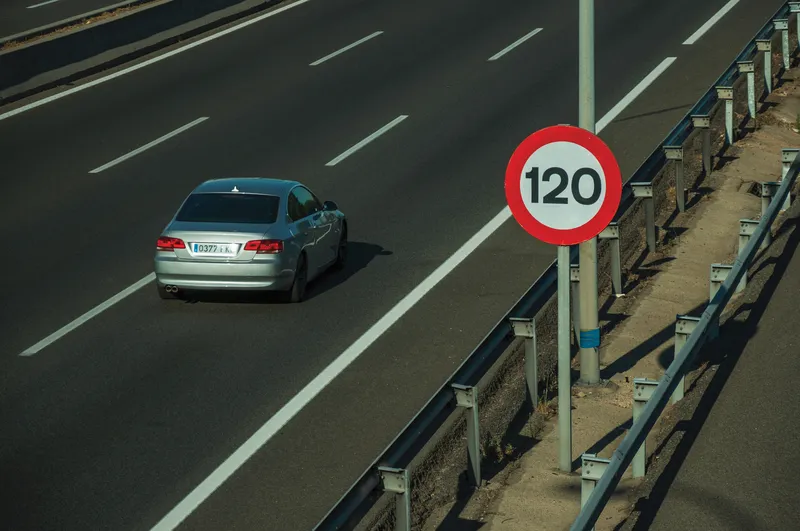The three-year project, developed with the Polytechnic University of Madrid, is part of the Connecting Europe Facility (CEF) program, the
The Harmony project applies current European standards and state-of-the-art technologies to standardise, exchange and integrate data on public transportation in real time and data and information on road network traffic, as well as from other transportation organisations. Based on this data, it aims to develop new multimodal information services that will benefit both transportation operators and citizens and contribute to improving mobility management and information.
A collaboration between transport operator Grupo Interbús and DGT provides Interbus with real time statistical traffic data in standard formats, which will enable the testing of information exchange between public transportation and traffic to improve management and mobility and to offer citizens new, improved services. In addition, by integrating the information from Interbús into Indra's traffic management solution, the buses may be located graphically on a map of Madrid's different roads.
In a second phase, it is expected that DGT will join the pilot project to validate the real-time standardised information exchange. In addition to testing services for improving the city's mobility management and contributing toward a coordinated and speedy incident response, the pilot project is also considering offering new services, such alerts and multimodal route planning, in a third stage.
Once completed, the Harmony project will analyse the real impact that these applications and services could have on both transportation conditions as well as on operators' management and users' satisfaction.
EU project tests new technologies in Madrid to improve traffic and travel information
Spanish technology group Indra is implementing the European R&D&i project Harmony, with the collaboration of research groups G@TV and TranSYT from the Polytechnic University of Madrid and with the support of Grupo Interbús and Spain's Traffic Department (DGT). The pilot study is being carried out in Madrid to develop new technologies to integrate real-time data from different transport operators and improve multimodal information services. The three-year project, developed with the Polytechnic University of
July 25, 2017
Read time: 2 mins
Spanish technology group 509 Indra is implementing the European R&D&i project Harmony, with the collaboration of research groups G@TV and TranSYT from the Polytechnic University of Madrid and with the support of Grupo Interbús and Spain's Traffic Department (DGT). The pilot study is being carried out in Madrid to develop new technologies to integrate real-time data from different transport operators and improve multimodal information services.









